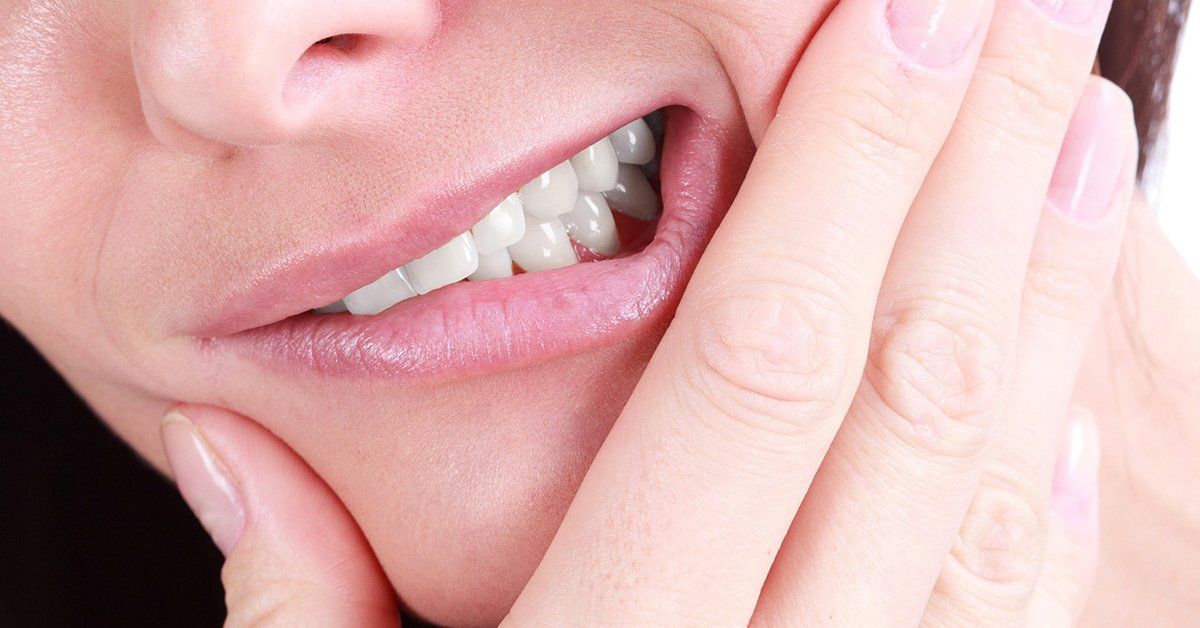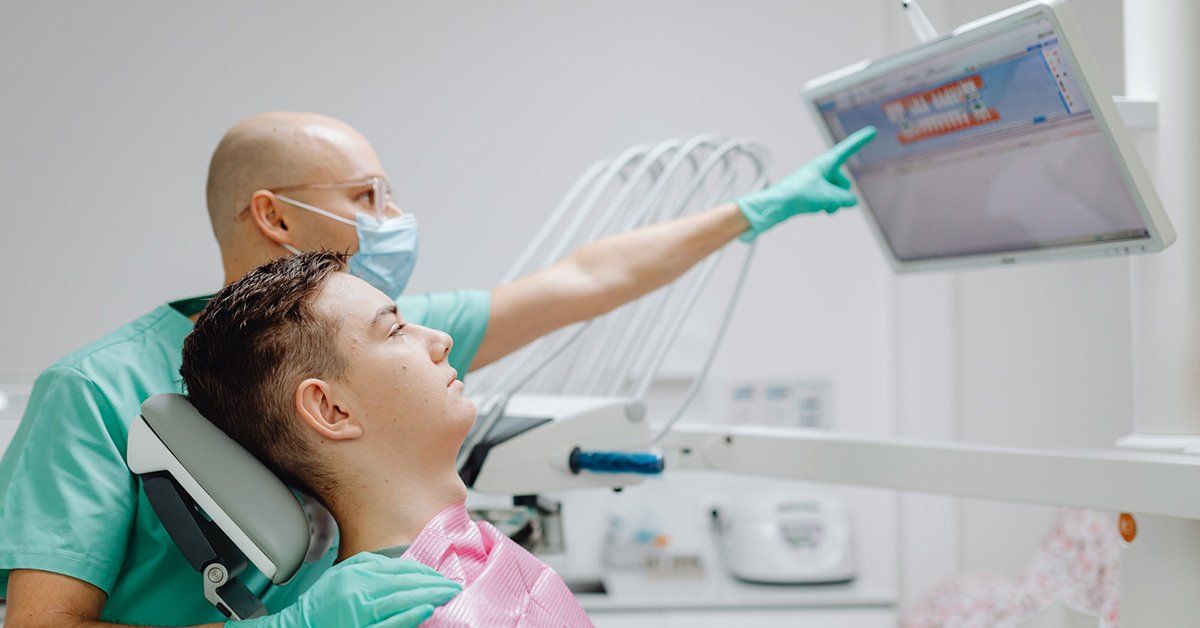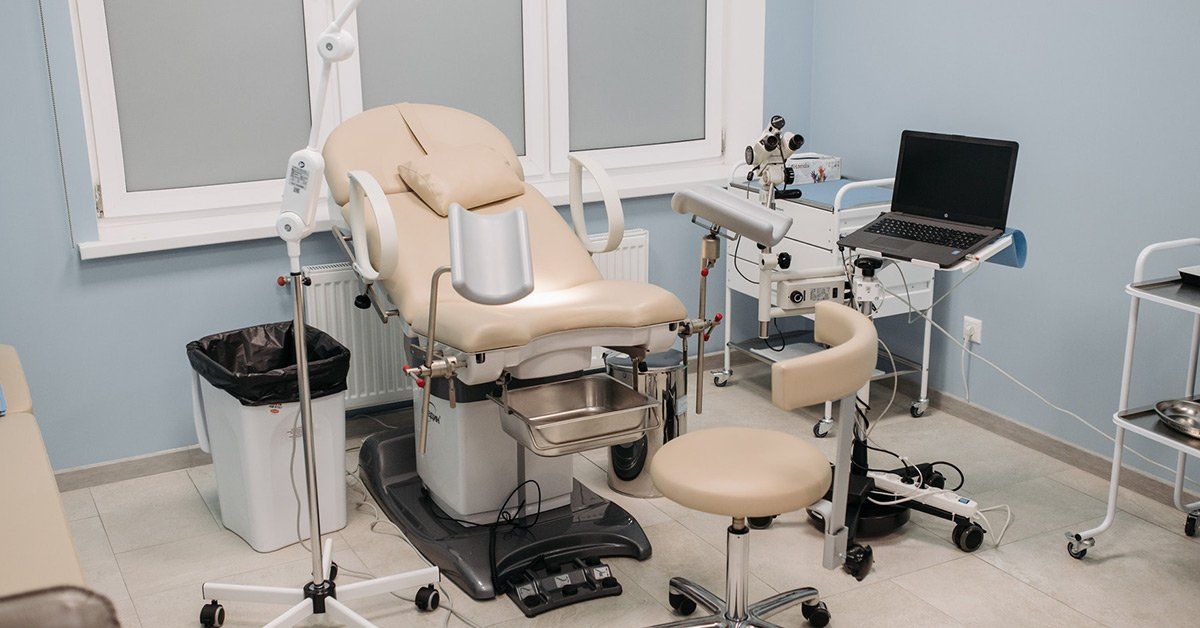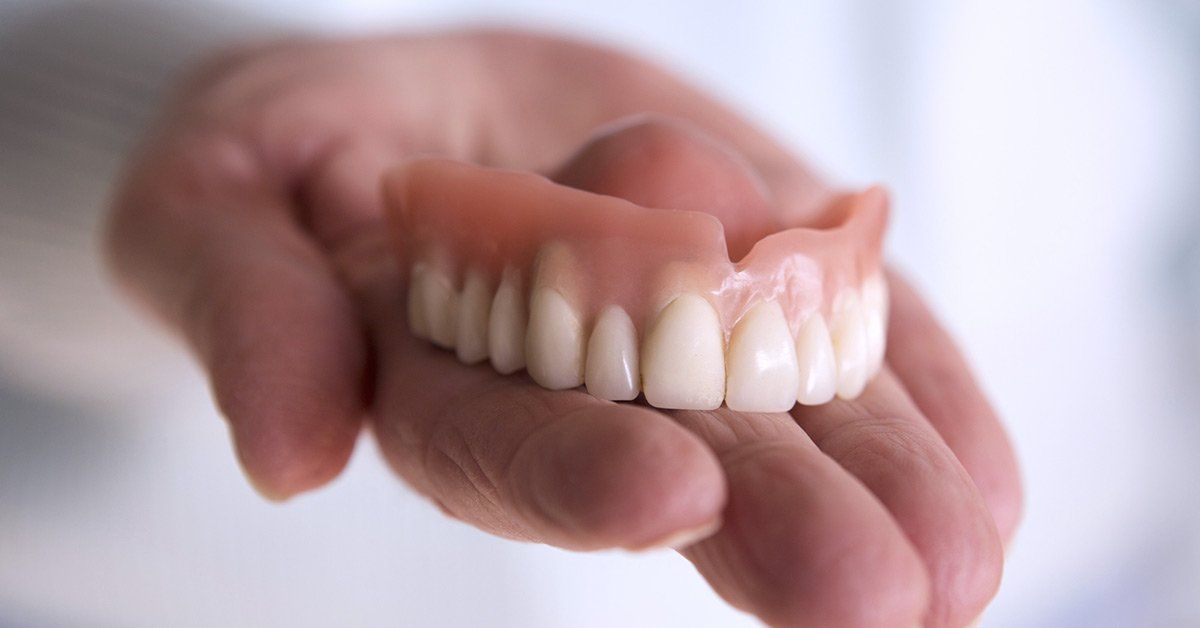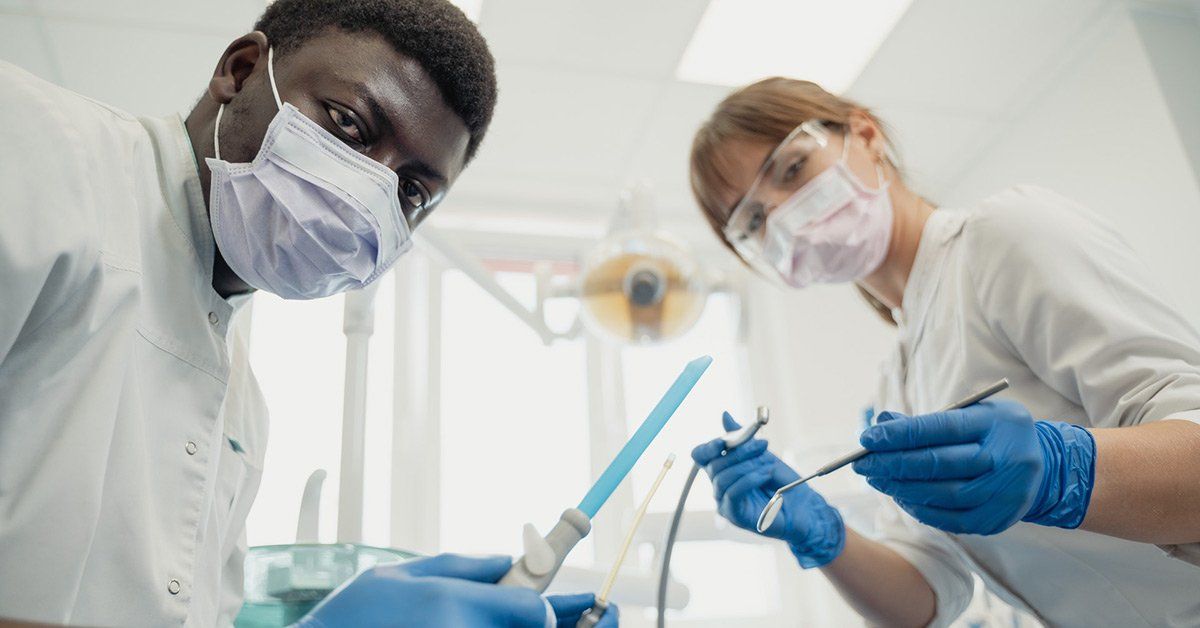Nature's Symphony
Breathtaking colors of our planet
Button
What to Expect During Root Canal Therapy
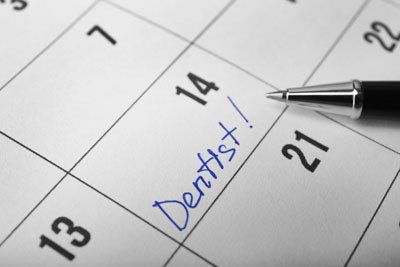
Root canal therapy is probably the most feared dental procedure ever. Despite the perceived notoriety of the condition, many people do not understand what the procedure entails or how it happens. Most patients have formed their fears from what they read online or heard from others, and therefore conditioned themselves to expect the worst. In this article, you will learn about the root canal procedure and what to expect.
What is a root canal?
A root canal is a term used to describe a dental treatment done to get rid of teeth infections. It is formally called endodontic therapy and is used to treat a tooth with infected pulp. The tooth pulp contains nerve endings, root canals and blood vessels, and can get infected or inflamed by severe tooth decay or damage.
What happens during a root canal procedure
First, the dentist will administer local anesthesia to numb the teeth. Then a rubber dam will be placed over the tooth to keep the area dry and free of saliva. The rubber fits over the tooth and separates it from the surrounding parts. Afterward, the dental expert will prepare the tooth by drilling into the hollow area of the tooth known as the pulp chamber to access the infected tissues.
After drilling, the dentist will remove all the decayed or infected tissues in the pulp chamber – everything that makes up the pulp – a process known as pulpectomy. After removing the decay and bacteria, the dentist will use tooth canal files to clean the root canals of the tooth. The files are small tools of varying diameters that help to clean out the nerves in the roots.
Once the dentist removes the infection, they will clean the chamber by irrigating and filing it. At this stage, the dentist may decide to wait a week or two before completing the procedure. This is to ensure that there is no pain or further infection. In this case, the dentist will clean the tooth carefully, put some soothing material inside and seal it off with a temporary filling. When you come for your next appointment, the canals will be filled permanently with a rubber-like material called gutta-percha. Once filling the canals, the dentist will cap the tooth with a tooth-colored material.
After filling the tooth, the dentist may create space for a titanium post if required. Patients should get a dental crown over the treated tooth soon after to protect it. Removing the pulp weakens the tooth and may leave it vulnerable to cracks if it does not have a crown.
Stop worrying and call now
Root canals are perceived to be debilitating, but the treatment should not cause pain if performed by a professional. The dentist will apply local anesthesia to control the pain. In other rare cases where there is a tooth abscess, the anesthetic may not be applicable. This can be averted if the patient takes a series of antibiotics before the treatment commences. You may experience some pain after the root canal therapy, but it should not last long. If the pain persists, contact the dentist immediately for advice.
Request an appointment here: https://www.dentalartsofok.com
or call Dental Arts of Catoosa at (918) 937-2787 for an appointment in our Catoosa office.
Your smile deserves the best
Harmony Family Dentistry
Office Hours:
Monday-Friday:
8:00am - 5:00pm
Links
Our Office
360-841-7677
© 2025
All Rights Reserved | Harmony Family Dentistry
Website maintained by Xpress, INC





